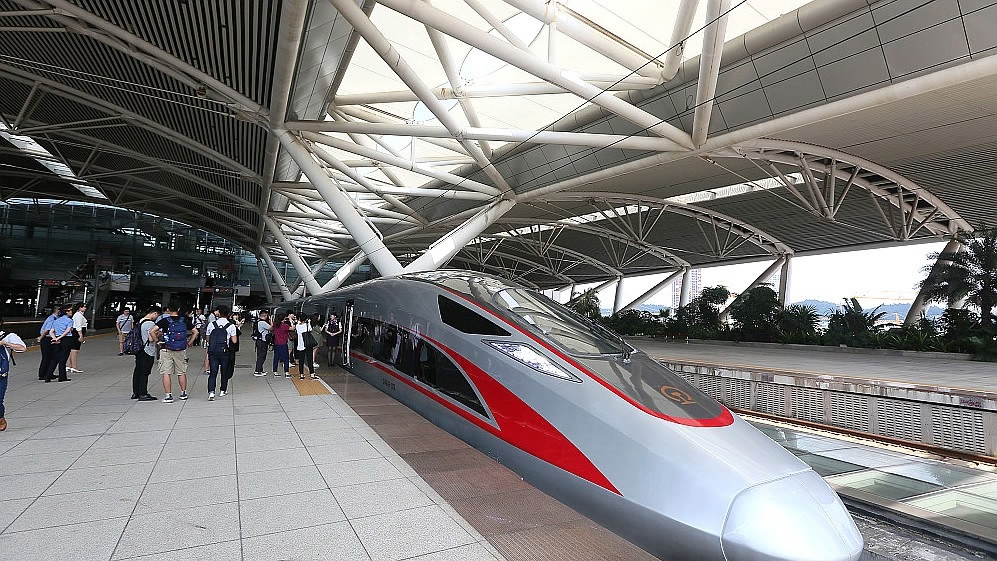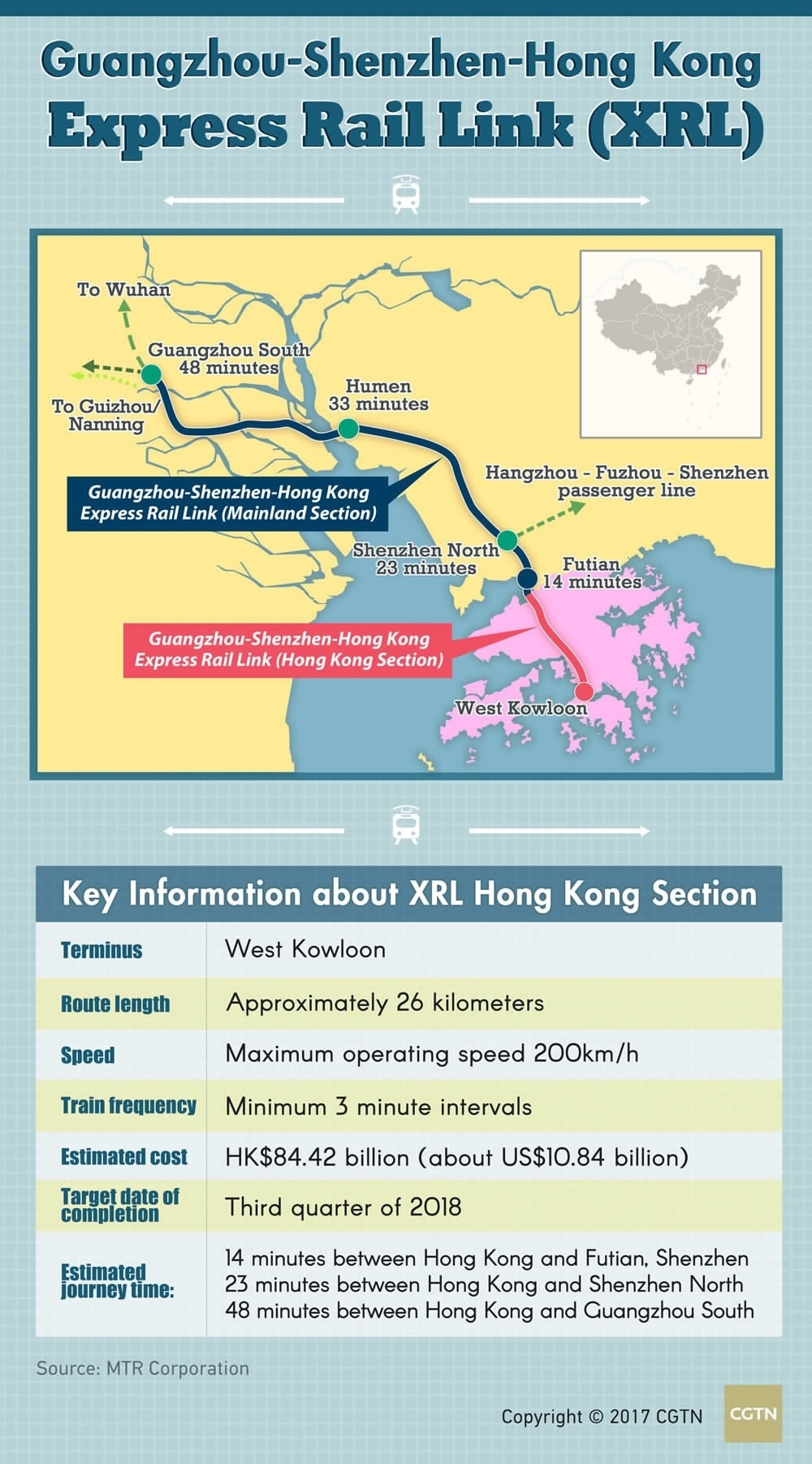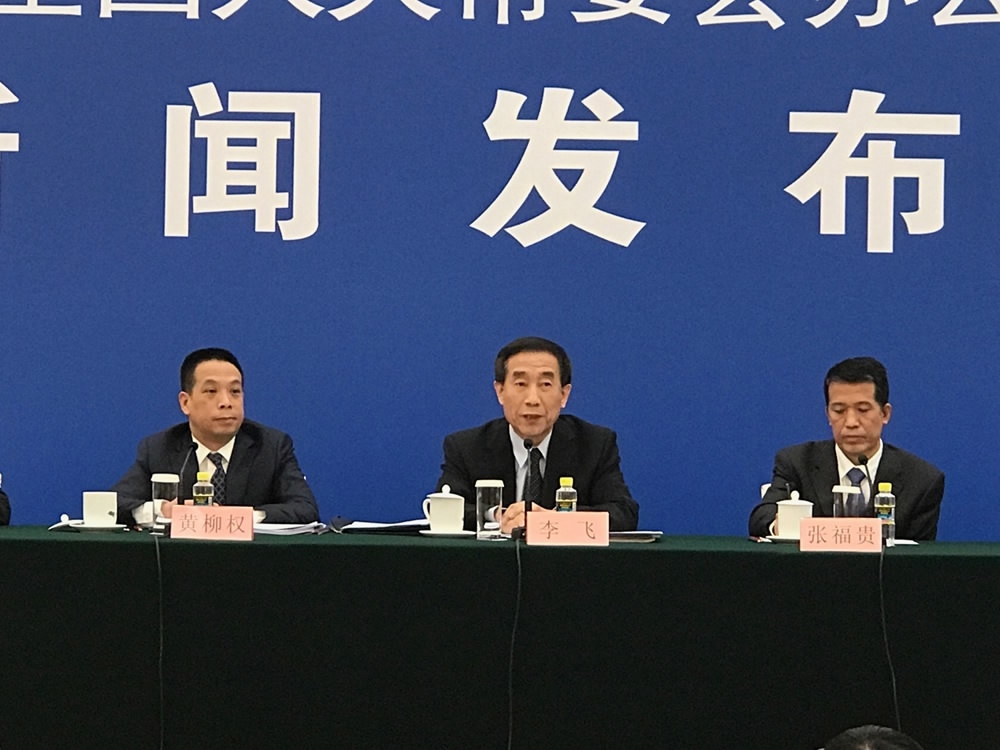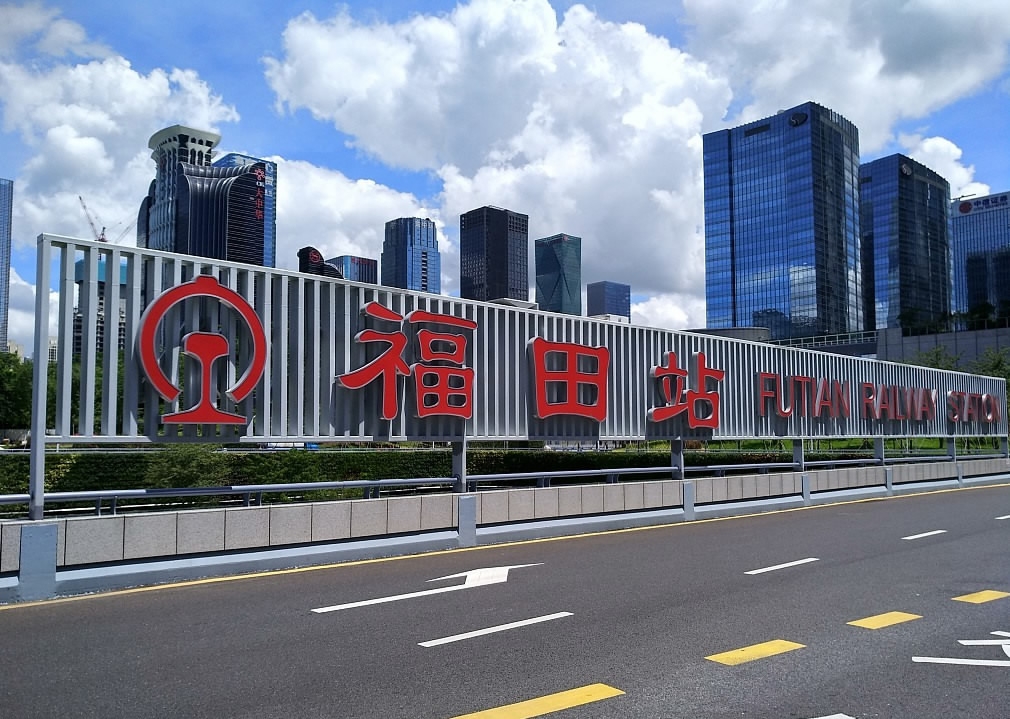
China
18:15, 27-Dec-2017
Beijing approves one-stop rail checkpoint for mainland and Hong Kong
By Hou Na

China’s top legislature has given the green light for establishing a one-stop checkpoint for those traveling between the Chinese mainland and Hong Kong.
Lawmakers of the National People’s Congress (NPC) Standing Committee passed in a landslide the decision on a one-stop boundary control cooperation arrangement in the Hong Kong Special Administrative Region (HKSAR) on Wednesday at a bimonthly session. The decision states that a port will be established at the railway station in West Kowloon in Hong Kong, which is part of the Guangzhou-Shenzhen-Hong Kong Express Rail Link (XRL).
This could expedite border crossings, as travelers only need to cross once instead of two times when traveling between the mainland and Hong Kong.
The Hong Kong section of the rail is scheduled to open in the third quarter of next year.

The decision also states that the Chinese mainland and the HKSAR will, in accordance with their respective laws, carry out exit and entry supervision at the port, including immigration inspections, customs regulation, and inspection and quarantine measures on departures and arrivals for people traveling between the mainland and Hong Kong, as well as their personal belongings and luggage.
The cooperation arrangement was signed between the mainland and the HKSAR last month, marking the first in a three-step process by the two sides.
The second step is for the NPC Standing Committee to deliberate and approve the arrangement, after which the two sides can begin the local legislative process to implement the arrangement.

The design of the interior of Hong Kong's West Kowloon Terminus /Photo via Hong Kong's Mass Transit Railway Corporation
The design of the interior of Hong Kong's West Kowloon Terminus /Photo via Hong Kong's Mass Transit Railway Corporation
'Unquestionable' decision
Although the committee has finally passed the decision, questions still remain. Since the Hong Kong SAR government unveiled the proposal in July, its legal basis has remained unclear, and has been hotly debated among officials, legal experts and legislators.
At a press conference on Wednesday, Li Fei, deputy secretary general of the NPC Standing Committee, explained the legal and constitutional basis of the decision.
"The NPC Standing Committee has the legislative power and the final say on legal explanation," Li said. "The decision on establishing one-stop boundary control is fully consistent with the 'One Country, Two Systems' policy and the constitution. It also complies with the Basic Law of the HKSAR as it will not change the administrative plan of Hong Kong and will not impair the rights and freedom of Hong Kong residents."
He stressed that the decision is "unquestionable."

Li Fei (C), deputy secretary general of the NPC Standing Committee, speaks at a press conference in Beijing on the approval of plans for a joint rail checkpoint for the Chinese mainland and Hong Kong, December 27, 2017. /CGTN Photo
Li Fei (C), deputy secretary general of the NPC Standing Committee, speaks at a press conference in Beijing on the approval of plans for a joint rail checkpoint for the Chinese mainland and Hong Kong, December 27, 2017. /CGTN Photo
The 26km Hong Kong section of the XRL costs HK$84 billion to build. After it opens in September next year, it will form part of the 20,000km national high-speed rail network, and is expected to significantly improve the connectivity between Hong Kong and many mainland cities, especially those in southern Guangdong Province.
Hong Kong officials argued that to fully realize the potential and economic benefits of the much-delayed railway, it is essential to lease a quarter of the West Kowloon terminus to mainland authorities. They said it will allow travelers to have their travel documents checked by both Hong Kong and mainland officers in one terminus, rather than asking travelers to be checked separately on the mainland and in Hong Kong.
Huang Liuquan, deputy director of the Hong Kong and Macao Affairs Office of the State Council, explained why West Kowloon has been chosen.

Futian Railway Station along the Guangzhou-Shenzhen-Hong Kong Express Rail Link in Shenzhen, south China's Guangdong Province /VCG Photo
Futian Railway Station along the Guangzhou-Shenzhen-Hong Kong Express Rail Link in Shenzhen, south China's Guangdong Province /VCG Photo
Huang said: "From 2010, the central government and the HKSAR government have negotiated over thirty times. We have carried out numerous research and discussions and finally reached a unanimous decision to set up a port at the railway station in West Kowloon in Hong Kong. We think it's most reasonable and scientific."
The decision also notes that the one-stop boundary control arrangement at West Kowloon station is instrumental in unleashing transportation, social and economic benefits and conducive to personnel exchanges and economic and trade activities between the mainland and Hong Kong.
1km

SITEMAP
Copyright © 2018 CGTN. Beijing ICP prepared NO.16065310-3
Copyright © 2018 CGTN. Beijing ICP prepared NO.16065310-3